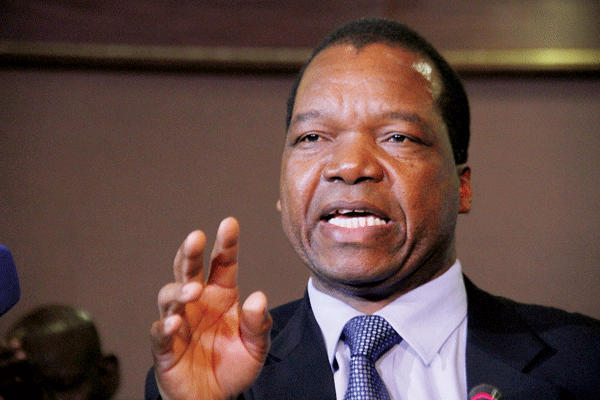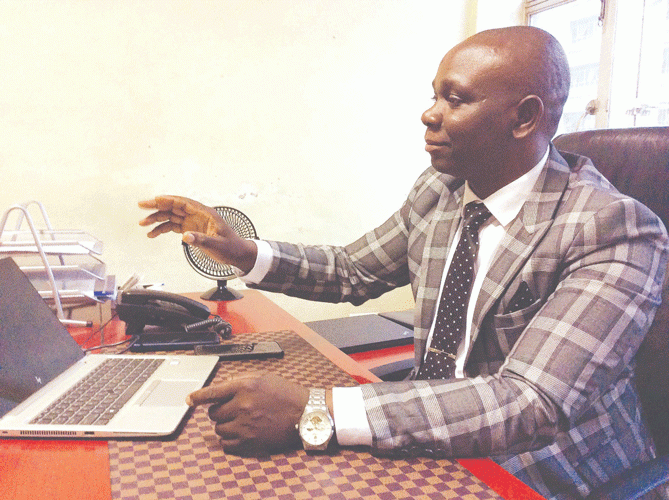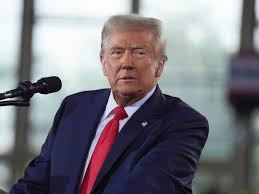
Despite the vanishing of the United States dollar from the market and the cash shortages buffeting the country, the Reserve Bank of Zimbabwe (RBZ) says it is importing $10 million of the greenback weekly.
BY FIDELITY MHLANGA

RBZ governor, John Mangudya said the importation of the dollar was consistent with maintaining a dollarised economy.
“Yes, we import cash almost every week and we are now importing $10 million on a weekly basis. When we say we import cash we say we import dollars because we said we want to continue using the dollar in this economy,” he told NewsDay last week.
This comes after Mangudya said last week that cash deposits at banks and nostro holdings had increased by 50% to $450 million. He said $140 million in bond notes, $23 million in bond coins and an estimated $400 million to $600 million was circulating in the economy.
Mangudya bemoaned the inefficient money circulation, saying it was working against the growth of the economy.
“If there was an efficient circulating system, that fund is sufficient to oil the economy. But the money is not circulating as efficiently as we would require. This is because the economy requires us as a team to improve on discipline to ensure that as business and traders when we receive money we, bank it again. Then it becomes a cycle,” he said.
Mangudya said RBZ could not import large quantities, as this could affect the stability of foreign currency in nostro accounts, which is needed to fund the acquisition of the industry’s raw materials and fuel.
- Chamisa under fire over US$120K donation
- Mavhunga puts DeMbare into Chibuku quarterfinals
- Pension funds bet on Cabora Bassa oilfields
- Councils defy govt fire tender directive
Keep Reading
“We have been importing cash and my only concern, as I have been saying much of the time, is that we have competing requirements. The foreign currency, that is the nostro, is required by industry to import raw materials. The foreign currency in the nostro is required for fuel and electricity imports as well. So you need to make an economic choice to import cash to satisfy Zimbabweans or keep money in the nostro to fire the economy,” he said.











